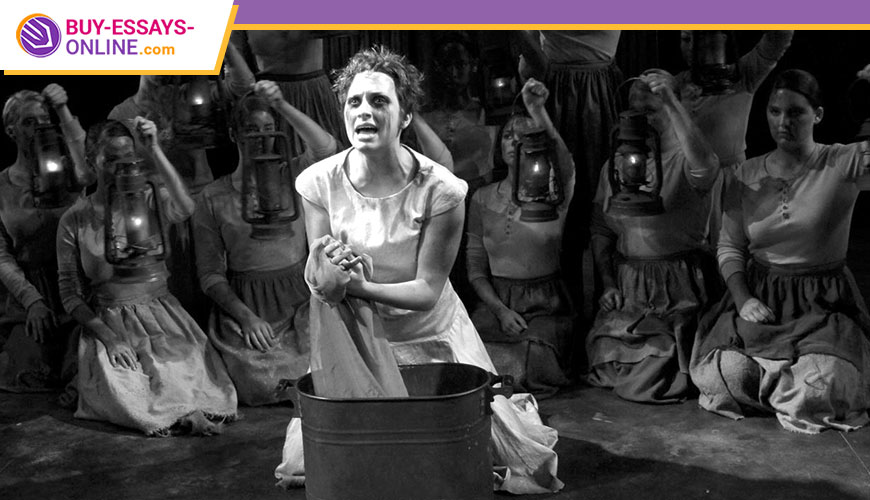Table of Contents
The tragic hero is the protagonist of the works of the tragedy genre. This type of hero was first introduced by ancient Greek tragedians (Sophocles, Aeschylus, Euripides), and then developed in the tragedies of William Shakespeare, Goethe, Schiller, and others). According to Aristotle, the tragic hero must evoke a feeling of pity and fear. At the same time, he notes that the tragic hero must be virtuous, but never to the highest degree. He or she cannot be funny; the tragic hero must be portrayed sublimely so that the reader can empathize with him or her; he or she must be deserving of regret and compassion. Therefore mythological characters and kings were usually at the center of the tragedies. Such an individual always actively chooses his or her path; moreover, this is a path in defense of socially significant values (King Oedipus, Hamlet, and King Lear).
Best Writing Service
- We can cope with any comlexity level meeting the highest academic standards;
- Convenient ordering procedure (takes up to 5 minutes);
- All papers are written from scratch;
- The prices starts at $11.99.
The Main Characteristics of the Tragic Hero
The tragic hero should be neither virtuous nor vicious; he or she must fall into misfortune over some sin and previously enjoy the great honor. The outcome of the tragedy should not reward virtue and punish vice; it should represent an undeserved but objectively justified death of a hero arising from the development of action. The tragedy must develop one complete action, forming a logical whole.
Aristotle’s Theory
Aristotle spoke of tragic sadness embracing the viewer of the tragedy. However, sadness is a kind of relief and resolution in which pain and satisfaction are peculiarly mixed. Why could Aristotle call this state cleansing? What is the impurity that is associated with affects? How is it cleared in the crucible of tragic shock? The answer should be the following – when pity and anxiety seize a person, a state of excruciating division occurs, in which the impossibility of uniting with what is happening, the unwillingness to perceive it as a truth opposing horrific events, is rooted. Nevertheless, the impact of a tragic catastrophe lies precisely in the fact that such a bifurcation is resolved by connecting with what is; it creates the possibility of liberation.
Still have any questions?
The Essence of Tragedy
There is liberation not only from the power of the spell, in which someone’s pity and terrible fate hold us; at the same time, it is possible to free oneself from everything that causes a split with what is happening. Consequently, the tragic grief reflects the type of affirmation, a return to oneself, and, as it is often the case in modern tragedy, this tragic grief colors the consciousness of the hero. The German philosopher and theorist of art, Hegel, notes the integrity of the personality of the tragic hero because for the latter there is no problem of choice. Is it possible for Romeo and Juliet to ask whether to love each other? Their sad fate is the embodiment of a single spiritual impulse, so the extraordinary plot dynamics is not surprising, without it, the Shakespearean tragedy is unthinkable.






